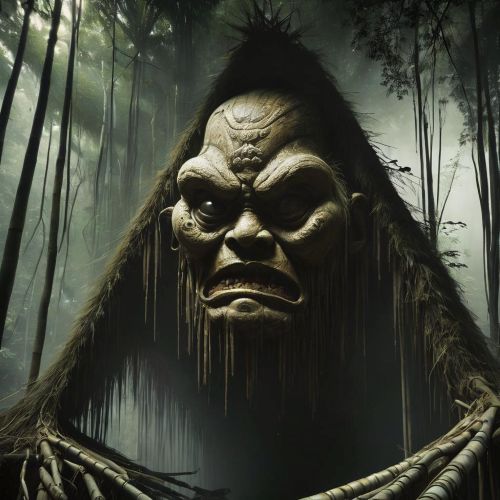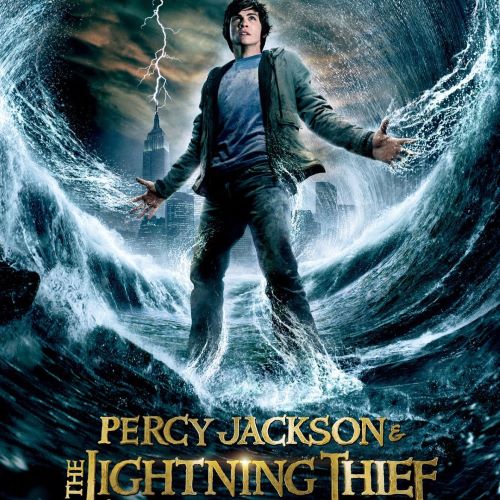Gods of Egypt (2016)
| Description | |
|---|---|
| Country of Origin | USA |
| Language | English |
| Genre | Fantasy, Action |
| Cast | Gerard Butler, Nikolaj Coster-Waldau, Brenton Thwaites, Courtney Eaton, Elodie Yung, Chadwick Boseman |
| Directed by | Alex Proyas |

Gods of Egypt (2016) is a fantasy-action film directed by Alex Proyas, set in a reimagined version of ancient Egypt where gods, mortals, and mythical creatures exist side by side. The story centers around a conflict between two powerful gods, Horus, the god of the sky, and his treacherous uncle Set, the god of chaos. The film opens with Osiris, the ruler of Egypt, preparing to pass his crown to his son, Horus. However, Set, driven by a desire for power, launches a violent coup, killing Osiris and blinding Horus in the process. Set takes control of Egypt, plunging the kingdom into darkness and chaos.
Horus, now weak and powerless, is exiled to the desert, stripped of his divine role. Meanwhile, a mortal thief named Bek, played by Brenton Thwaites, becomes entangled in the conflict when his beloved Zaya is killed during an attack by Set’s forces. Determined to bring Zaya back to life, Bek seeks out Horus, hoping the god will assist him in challenging Set’s rule in exchange for help in reclaiming his powers. Though initially reluctant, Horus eventually agrees, and the two embark on a dangerous journey across Egypt to confront Set and restore balance to the land.
As Bek and Horus travel through treacherous terrains, they face monstrous creatures and supernatural forces, including a perilous journey to the underworld. The film explores themes of redemption, sacrifice, and the struggle to overcome personal doubts. Horus’ journey is symbolic of reclaiming his divine identity and taking back his rightful place as Egypt’s protector. Throughout their journey, the movie emphasizes the contrast between the order Horus represents and the chaos that Set seeks to spread.
Visually, Gods of Egypt is a spectacle, relying heavily on CGI to create fantastical landscapes and larger-than-life depictions of the gods. The gods themselves are shown as towering figures with extraordinary powers, contrasted against the fragile mortal characters. Set, in particular, is portrayed as a dark, menacing figure, with his armor and appearance designed to evoke fear and power. The film uses elaborate effects to showcase the gods’ abilities, such as shape-shifting, controlling the elements, and battling in epic, otherworldly settings.
Despite its striking visuals, the film received widespread criticism for its casting choices. Many felt that the portrayal of Egyptian gods by predominantly white actors was a significant misstep, leading to accusations of “white-washing” and a disregard for the cultural and historical accuracy of ancient Egypt. The performances, particularly those of Gerard Butler as Set and Nikolaj Coster-Waldau as Horus, were often described as over-the-top, lacking the emotional depth needed to elevate the story beyond its visual spectacle.
Critics also noted that the plot was filled with clichés and didn’t offer much in terms of meaningful character development or nuanced storytelling. While the film’s action-packed sequences and grand visuals could captivate audiences looking for entertainment, it was clear that Gods of Egypt fell short of delivering a cohesive and engaging narrative. In the end, while it offers a dazzling experience for fans of fantasy, it struggles to make a lasting impact due to its tone, pacing, and missteps in its handling of mythology.
Despite the mixed reception, Gods of Egypt found an audience among those seeking high-concept fantasy adventures and visual effects-heavy films. However, the film serves as a reminder of the challenges in adapting ancient mythologies for modern cinema, where balancing spectacle with cultural sensitivity and storytelling depth is crucial for creating a truly successful film.








